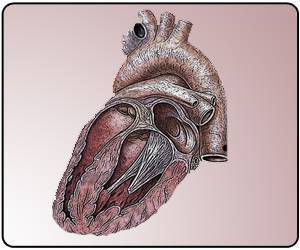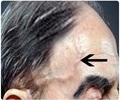DIPRA study compares distal & proximal radial artery access for cardiac catheterization. Findings show comparable efficacy & lower risk of occlusion.
- The DIPRA study compared distal and proximal radial artery access for cardiac catheterization and found comparable efficacy and a lower risk of occlusion
- One-year follow-up results showed promising outcomes, with no significant difference in hand function between the distal and proximal access groups
- The study suggests that distal radial artery access offers an alternative approach for patients who require radial access, potentially benefiting those with chronic kidney disease or coronary artery disease in need of bypass grafting
Importance of Preventing Radial Artery Occlusion (RAO) in Percutaneous Intervention (PCI) Patients
PRA access is recommended in current guidelines for patients receiving percutaneous intervention. A consequence of PRA is radial artery occlusion, or vessel blockage, which can impair arterial access for future coronary bypass surgery, dialysis, or other cardiovascular treatments. The DIPRA research randomly assigned 300 patients to either DRA or PRA cardiac catheterization. Change in hand function from baseline to one year was the primary outcome. The QuickDASH questionnaire, hand grip test, and thumb-forefinger pinch test were used to assess hand function. Access feasibility, radial artery patency, and complications were secondary objectives.Comparative Analysis of Distal Radial Artery (DRA) and Proximal Radial Artery (PRA) Access
112 individuals were randomly assigned to DRA and 104 to PRA after a one-year follow-up. Both groups experienced similar rates of access site bleeding (DRA 0% vs PRA 1.4%; p=0.25). Six DRA patients were denied admittance, while only two PRA patients were denied. Radial artery blockage occurred in one PRA patient and two DRA patients. At 1 year, there was no significant difference in the alteration of hand function, in hand grasp (DRA 0.7 [-3, 4.5] vs PRA 1.3 [-2, 4.3] kg; P=0.57), pinch grip (DRA -0.1 [-1.1, 1] vs PRA -0.3 [-1, 0.7] kg; P=0.66), and QuickDASH (DRA 0 [-6.6, 2.3] vs PRA 0 [-4.6, 2.9] points, P= 0.58). At one year, the composite of hand function was equivalent between PRA and DRA.TOP INSIGHT
DIPRA study compares distal & proximal radial artery access for cardiac catheterization. Findings reveal comparable efficacy & lower occlusion risk. Promising results at one-year follow-up. #Cardiology #Research #HeartHealth
Source-Medindia
 MEDINDIA
MEDINDIA





 Email
Email





